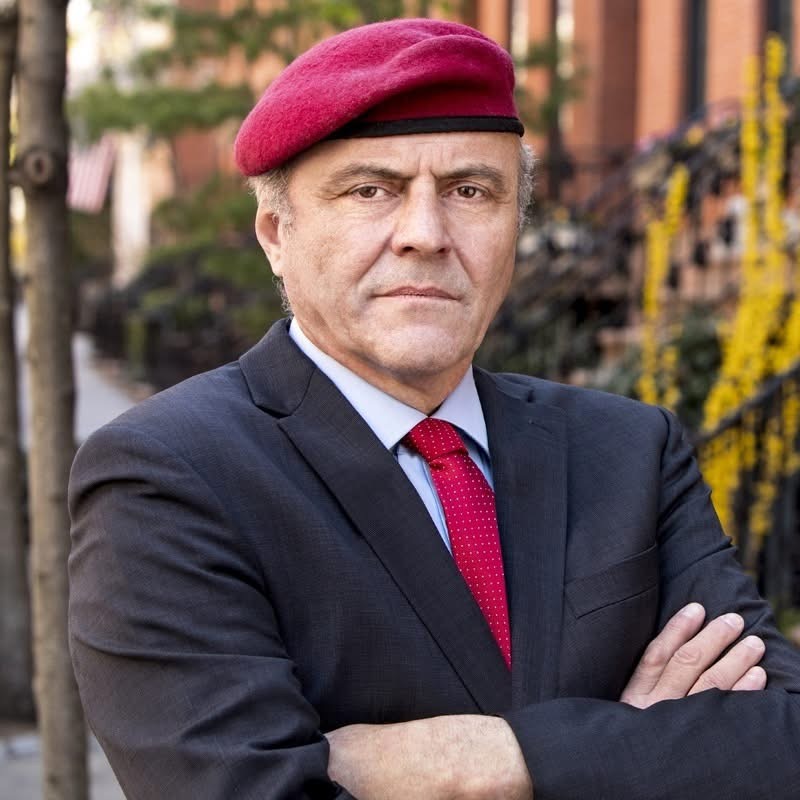
Introduction
Curtis Sliwa, best known as the founder of the Guardian Angels, has been a significant figure in New York City’s landscape for decades. As an outspoken advocate for public safety and community activism, Sliwa has become a prominent voice during times of crisis. His engagement in New York’s political and social issues reflects the ongoing challenges faced by urban centers, making his work highly relevant in today’s climate.
The Guardian Angels Phenomenon
Established in 1979, the Guardian Angels is a volunteer organization aimed at combating crime and promoting public safety. Initially, the group gained attention for patrolling the subways and streets, dressed in their signature red berets. Over the years, Sliwa has emphasized the importance of community vigilance and collective action in ensuring safety for citizens. The organization grew not just in numbers but also in influence, with chapters emerging in various cities across the globe.
Political Career and Recent Developments
Beyond his activism, Curtis Sliwa has stepped into the political arena multiple times, most notably running for Mayor of New York City in 2021 as the GOP candidate. Despite not winning the election, Sliwa’s candidacy highlighted issues of crime, homelessness, and public safety that resonated with many New Yorkers. Following the election, Sliwa has continued to remain an active voice in political discourse, often critiquing city policies and advocating for reform.
In recent months, Sliwa has focused on rising crime statistics in New York City, urging local leadership to take more decisive actions. His latest remarks have sparked discussions among community leaders and residents about the effectiveness of current law enforcement strategies and the need for a comprehensive approach to public safety.
Conclusion
Curtis Sliwa’s role as an activist and politician exemplifies the complexities of urban issues in New York City. His efforts to mobilize communities and address the pressing concerns of crime and safety have kept him in the public eye. As crime rates fluctuate and community concerns evolve, Sliwa’s voice remains a significant part of the dialogue surrounding New York’s future. His impact as a community leader suggests a continued demand for grassroots action in response to urban challenges, marking him as a figure to watch in the coming years.



